Royal Philharmonic Orchestra Free Download

Info
Esther Yoo (born 11 June 1994) is an American violinist.
Posted in:
Music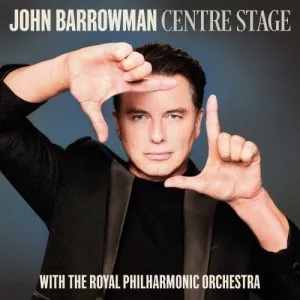
Info
John Scot Barrowman (born 11 March 1967) is a Scottish-American actor, author, presenter, singer and comic book writer. He is known for his role as Captain Jack Harkness in Doctor Who and Torchwood, and as Malcolm Merlyn in the Arrowverse.
Posted in:
Music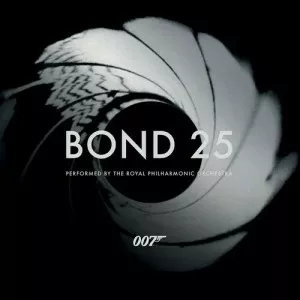
Info
The Royal Philharmonic Orchestra (RPO), based in London, was formed by Sir Thomas Beecham in 1946. In its early days, the orchestra secured profitable recording contracts and important engagements including the Glyndebourne Festival Opera and the concerts of the Royal Philharmonic Society. After Beecham's death in 1961 the orchestra's fortunes declined steeply; it battled for survival until the mid-1960s, when its future was secured after an Arts Council report recommended that it should receive public subsidy; a further crisis arose in the same era when it seemed that the orchestra's right to call itself Royal could be withdrawn.
Posted in:
Music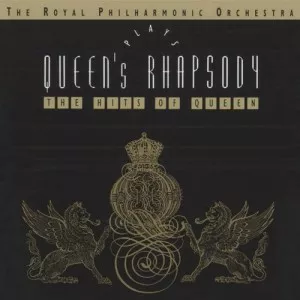
Info
The Royal Philharmonic Orchestra (RPO), based in London, was formed by Sir Thomas Beecham in 1946. In its early days, the orchestra secured profitable recording contracts and important engagements including the Glyndebourne Festival Opera and the concerts of the Royal Philharmonic Society. After Beecham's death in 1961 the orchestra's fortunes declined steeply; it battled for survival until the mid-1960s, when its future was secured after an Arts Council report recommended that it should receive public subsidy; a further crisis arose in the same era when it seemed that the orchestra's right to call itself Royal could be withdrawn.
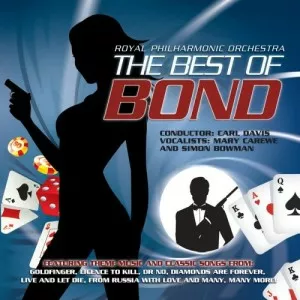
Info
The Royal Philharmonic Orchestra (RPO), based in London, was formed by Sir Thomas Beecham in 1946. In its early days, the orchestra secured profitable recording contracts and important engagements including the Glyndebourne Festival Opera and the concerts of the Royal Philharmonic Society. After Beecham's death in 1961 the orchestra's fortunes declined steeply; it battled for survival until the mid-1960s, when its future was secured after an Arts Council report recommended that it should receive public subsidy; a further crisis arose in the same era when it seemed that the orchestra's right to call itself Royal could be withdrawn.
Posted in:
Music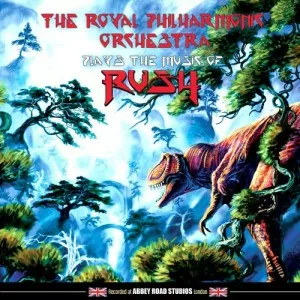
Info
The Royal Philharmonic Orchestra (RPO), based in London, was formed by Sir Thomas Beecham in 1946. In its early days, the orchestra secured profitable recording contracts and important engagements including the Glyndebourne Festival Opera and the concerts of the Royal Philharmonic Society. After Beecham's death in 1961 the orchestra's fortunes declined steeply; it battled for survival until the mid-1960s, when its future was secured after an Arts Council report recommended that it should receive public subsidy; a further crisis arose in the same era when it seemed that the orchestra's right to call itself Royal could be withdrawn.
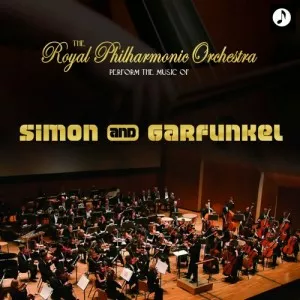
Info
The Royal Philharmonic Orchestra (RPO), based in London, was formed by Sir Thomas Beecham in 1946. In its early days, the orchestra secured profitable recording contracts and important engagements including the Glyndebourne Festival Opera and the concerts of the Royal Philharmonic Society. After Beecham's death in 1961 the orchestra's fortunes declined steeply; it battled for survival until the mid-1960s, when its future was secured after an Arts Council report recommended that it should receive public subsidy; a further crisis arose in the same era when it seemed that the orchestra's right to call itself Royal could be withdrawn.
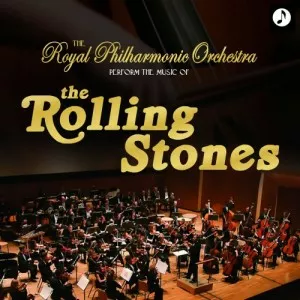
Info
The Royal Philharmonic Orchestra (RPO), based in London, was formed by Sir Thomas Beecham in 1946. In its early days, the orchestra secured profitable recording contracts and important engagements including the Glyndebourne Festival Opera and the concerts of the Royal Philharmonic Society. After Beecham's death in 1961 the orchestra's fortunes declined steeply; it battled for survival until the mid-1960s, when its future was secured after an Arts Council report recommended that it should receive public subsidy; a further crisis arose in the same era when it seemed that the orchestra's right to call itself Royal could be withdrawn.
- « Previous
- Next »